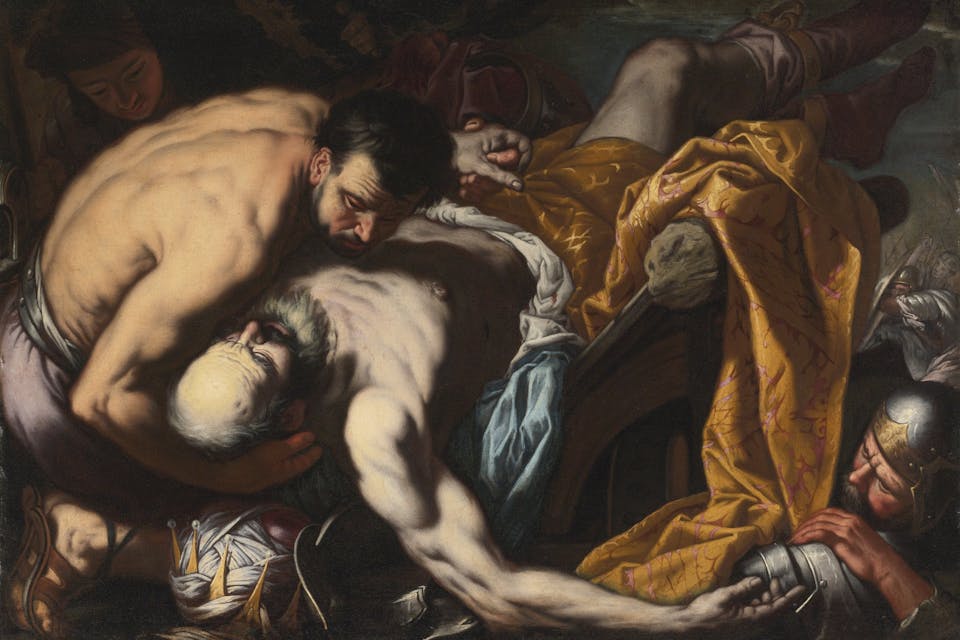
November 20, 2019
The Most Admirable Monarch in Jewish History? (It’s Not David.)
Josiah left a permanent stamp on Judaism, leading, for the first time in generations, an all-out battle against idolatry.
A sufficiently imaginative historian might conjure up a mischievous collector who, holding under the earth all the artifacts of the past, every now and then selects one to toss up into the dirt and confound some eager archaeologist. For who could imagine that, out of a religious revolution 2,700 years ago that changed Israelite history, we would find nothing of the king behind it and yet suddenly retrieve from the dirt the seal of one of his officials, mentioned but once in the Bible?
That remarkable find, discovered in Jerusalem last March, reads: l’Natan-melekh eved ha-melekh, or “to Natan-Melekh, the king’s servant.” The “king” with whom this man is mentioned is arguably the most admirable monarch in Jewish history—the ruler who, among other feats, “took away the horses that the kings of Judah had given to the sun, at the entrance of the house of the Lord, by the chamber of Natan-Melekh the officer, which was in the precincts; and he burned the chariots of the sun with fire” (2Kings 23:11).
That the mention of Natan-Melekh occurs in a verse about destroying idols is no coincidence. He served a king who both changed Israel and restored it. This royal figure, despite being raised in conditions of turmoil and impiety, displayed a reforming zeal that would leave a permanent stamp on Judaism and whose contribution to our ideas about Israelite kingship, the messiah, and the place of Torah put him on a par with no lesser figures than Ezra and even David.